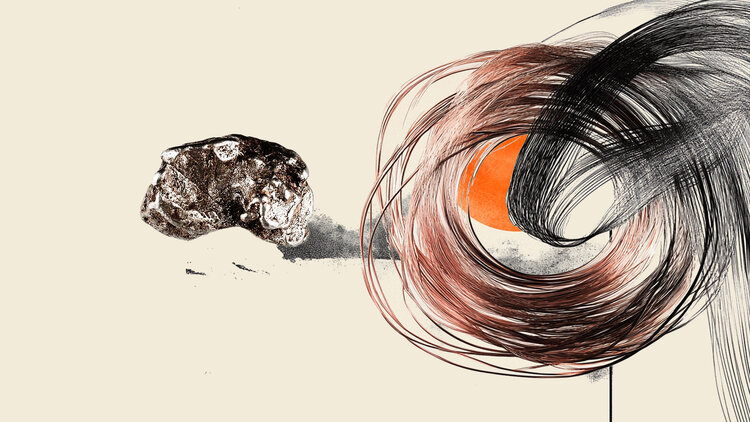Of all the classifications I found for the term periphery, the one that most summarized the real meaning of the word was “far from the urban center and which generally houses low-income population”.
Obviously, the first time I heard the term was right there on the periphery, feeling not only the weight of the word, but the real meaning of what it meant: a distant, lacking place, devoid of many public services such as health, education, culture , security and law.
The second time I carried out a more complete analysis of the peripheral aspects, it was in a global way. I discovered it outside the country, more precisely in Europe, in the so-called “first world”.
It is how many see us: Latin Brazilians, underdeveloped belonging to “peripheral” countries. This is the prejudiced look from the outside towards distant places, devoid of greater attention or importance. Sometimes it seems inherent to those who feel they are in a more developed geographical position.
This becomes clear when, for example, we generally observe the look that the South or Southeast regions direct towards the North or Northeast of Brazil or, as many call it, the periphery of the country.
This whole introduction about periphery and abandonment is to demonstrate how much the lack of citizenship and human rights brutalizes these places and how insensitive the look of those who are generally distant from these territories becomes in the face of human tragedies that we thought were kept in the beginnings of civilization or in the period of the inquisition, making our insensitivity part of those barbaric times.
This week, the news of a massacre with refinements of cruelty, of which we had no news even in the most ominous period that the 20th century brought, with its various dictatorships, torture and disappearances.
The massacre that took place in the early hours of Monday (28th), in two neighboring houses in Portal do Lunda, Bahia, was reminiscent of medieval cruelty with a house set on fire, leaving seven charred bodies, including children. In the house, the bodies of two women who were neighbors of the attacked family were found, who were shot dead trying to save victims of barbarism.
Only a 12-year-old child survived and was rescued with severe burns and admitted to the State General Hospital in Salvador. The burnt-out house had bloodstains all over the green-painted walls and cement floor. The rooms were taken over by ashes after the work of the Fire Department. Toys, like a pink bicycle, were left behind.
Events like these are increasingly common in the outskirts of Salvador, capital of a state in the Northeast considered peripheral, of a peripheral country in Latin America, considered a peripheral region of the “civilized” world, where death, with refinements of medieval cruelty, puts us all, peripheral or not, in the condition of insensitive barbarians in the middle of the 21st century, in which the right to be respected and evolved in the prism of civilizing advances will depend a lot on the territory where you live and the look of the “evolved” towards your tragedy will also be guided by this prism.
Source: CNN Brasil
I’m James Harper, a highly experienced and accomplished news writer for World Stock Market. I have been writing in the Politics section of the website for over five years, providing readers with up-to-date and insightful information about current events in politics. My work is widely read and respected by many industry professionals as well as laymen.







